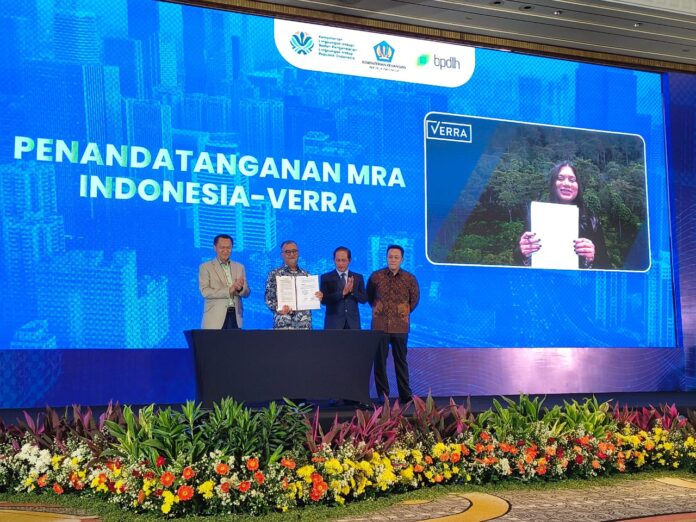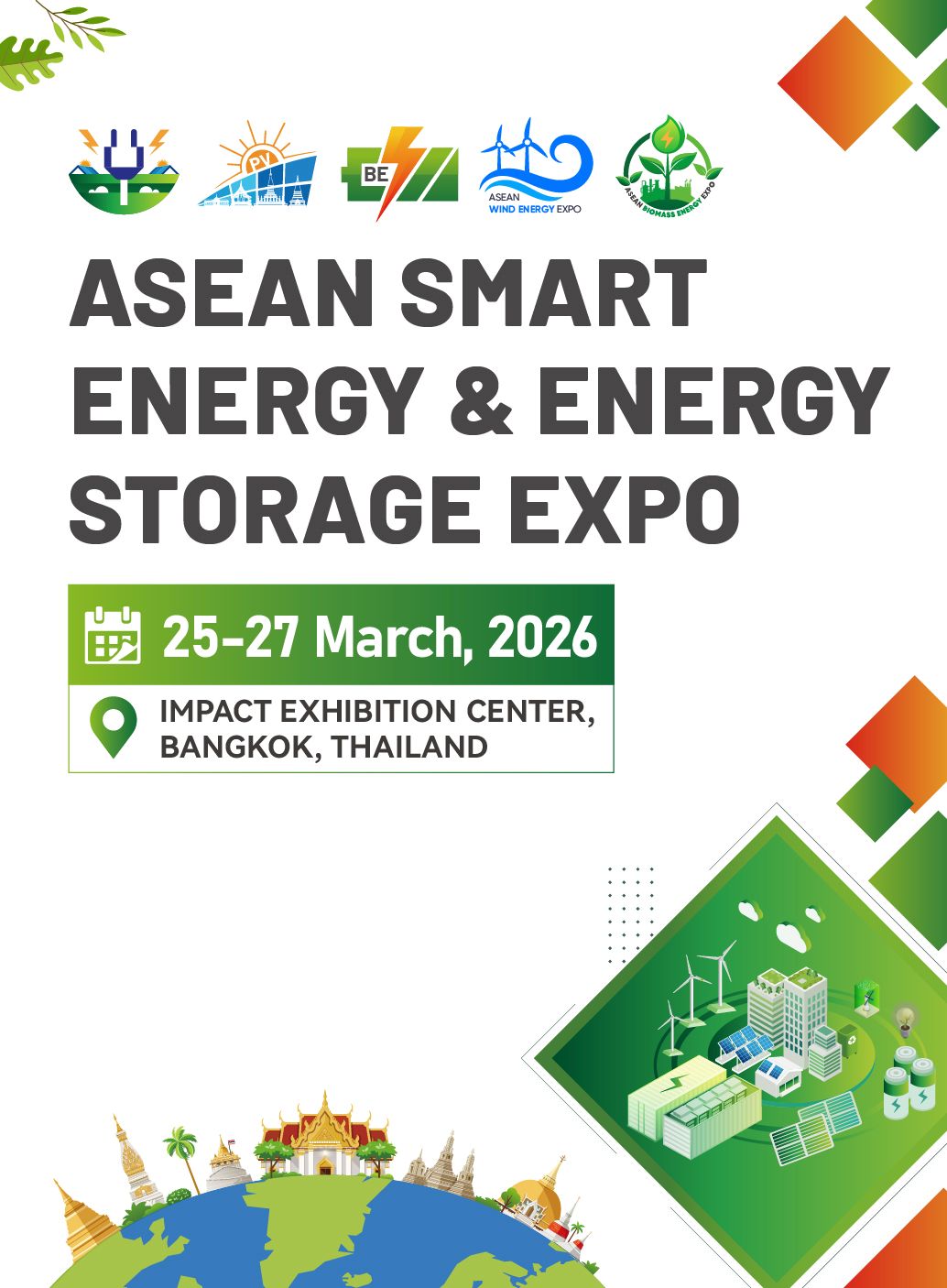Ecobiz.asia — Strengthening the National Registry System for Climate Change Control (Sistem Registri Nasional Pengendalian Perubahan Iklim or SRN PPI) has become Indonesia’s cornerstone to ensure that every emission reduction activity is recorded, verified, and traceable with full transparency and integrity. With a more robust SRN PPI, Indonesia is asserting its position as a major player in the global carbon market.
Deputy for Climate Change Control and Governance of Carbon Economic Value at the Ministry of Environment/National Environmental Management Agency, Ary Sudijanto, emphasized that the enhancement of SRN PPI — which underpins Indonesia’s Certified Emission Reduction (SPEI) scheme — reflects the government’s strong commitment to building a credible and competitive carbon governance framework.
“A stronger SRN PPI ensures that every action and contribution from all stakeholders is properly recorded, verified, and traceable. This is a tangible manifestation of Indonesia’s commitment to transparent and accountable climate governance,” Ary said on Tuesday (Oct 7, 2025).
The upgraded SRN PPI features enhanced data visualization on actions, emissions, and carbon units, measurable verification processes, and reporting mechanisms aligned with UNFCCC standards. The platform also serves as Indonesia’s national registry for activities under Articles 5 and 6 of the Paris Agreement — covering emission trading, offsetting, and result-based payment (RBP) for REDD+ schemes.
Indonesia’s strengthened SRN PPI has also gained global recognition, marked by the signing of four Mutual Recognition Agreements (MRA) for SPEI with international carbon standard developers. In addition, the Ministry is integrating SRN PPI with the Joint Crediting Mechanism (JCM) Registry as part of the bilateral cooperation under Article 6.2 of the Paris Agreement between Indonesia and Japan. The integration supports the implementation of MRAs between SPEI and JCM, which have received proposals from 62 project proponents.
Minister of Environment/National Environmental Management Agency, Hanif Faisol Nurofiq, reaffirmed that carbon integrity remains the government’s top priority. Through the integrated Measurement, Reporting, and Verification (MRV) system within SRN PPI, every mitigation project must comply with stringent transparency and accountability standards to prevent fraud and ensure credibility.
“Competitive advantage can only be built through an inclusive, transparent, and robust carbon market. Strengthening the SRN PPI, supported by global frameworks like those from Gold Standard, is key for Indonesia to generate high-integrity carbon credits,” Hanif said.
He added that the implementation of the Carbon Economic Value (NEK) mechanism will continue to evolve, encompassing both nature-based approaches such as the FOLU Net Sink 2030 and technology-based solutions.
“We aim to ensure that carbon economics genuinely contribute to sustainable development while delivering tangible impact on global emission reductions,” he concluded. ***





